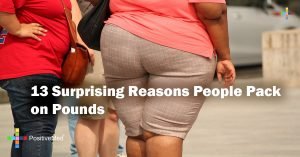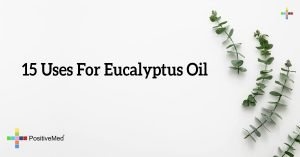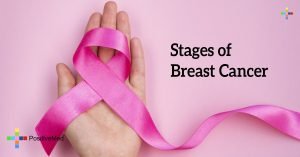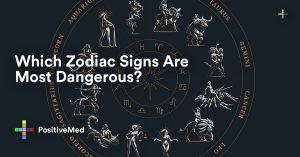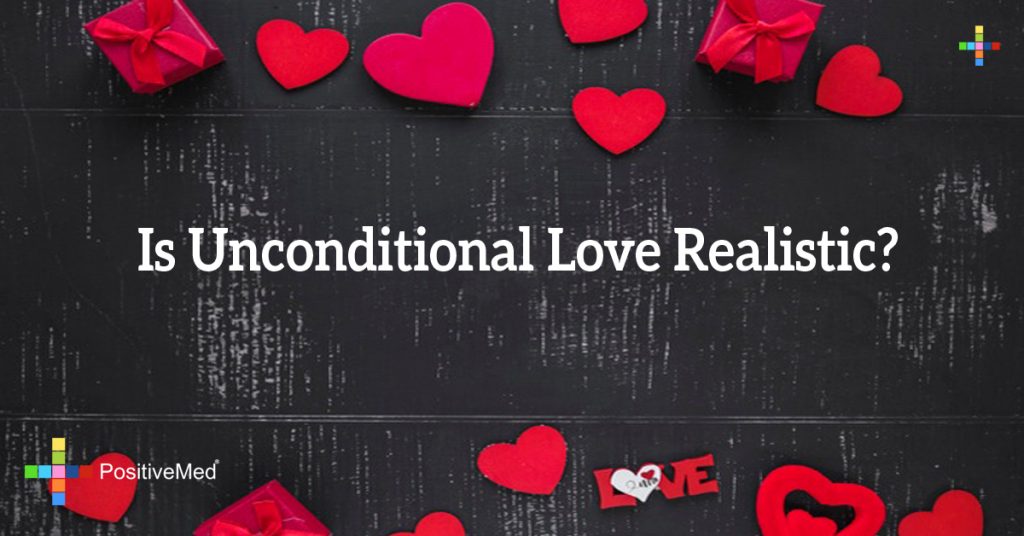
Is Unconditional Love Realistic?
Do you have the expectation that you will receive unconditional love from a partner?
Most of us would love the experience of being loved unconditionally by someone. This is the experience we needed when we were growing up, but most partners are not connected enough with themselves and their spiritual guidance to be able to offer this.
Is it realistic now to expect it from a partner?
Love, by my definition, is that which is unconditional – i.e. there are no conditions under which it does not exist. In my experience, this is what God is, and when we are very open, we can invite the love-that-is-God into our heart.
But how many of us are always that open? Or even sometimes that open? If we were always that open, we would be enlightened, and how many of us are enlightened beings?
Since I’ve never met anyone who could always keep their heart open, the truth is that, as humans, our ability to unconditionally love someone is limited to our ability to stay completely open hearted and unconditionally love ourselves. If we cannot consistently unconditionally love ourselves and fill ourselves with love, then we cannot consistently unconditionally love others.
Can Love Be Earned?
The idea of having to earn love is an oxymoron. Since real love is that which is unconditional, how can it need to be earned?
The love-that-is-God is always here, no matter what. It is the law of love, just like the law of gravity. Like gravity, it applies to everyone all the time. It can’t be earned any more than gravity can be earned.

The same is true of unconditional love between people. If it is truly unconditional, then it can’t be earned. What can be earned is approval, and often there is much confusion between love and approval. But there is a vast difference.
Approval is used in order to control. Love is always a free gift.
When We Love, What Do We Love?
Being human, we all have a wounded self and a core Self, which is our beautiful essence. When someone loves us, it is generally our essence they love, and they tolerate our wounded self. Since our wounded self is all about control, it is unrealistic to expect someone to love our wounded self. While they may unconditionally love our essence, we will likely not feel their love when we are in our wounded self.
I’ve never met anyone who was able to truly love another’s wounded self. It is our job to learn to unconditionally love our own essence and our own wounded self. The more we are able to do this, the more we can fill ourselves with love and share our love with others. But again, since we are human, we will go in and out of loving ourselves, and therefore in and out of loving others.
The key to experiencing unconditional love is to be open to learning with your spiritual guidance about what is loving to you, moment-by-moment, rather than trying to control getting love from someone else. Your deep intent to learn about love connects you with your Source of unconditional love that is always here for you. You do not have to earn it; in fact, since it is the very nature of God, you cannot earn it. The attempt to earn it is actually a form of control – trying to control God! The only thing you need to do to experience love is to be open to learning about loving yourself. It is this choice that opens your heart to the unconditional love-that-is-God.
When you expect someone else to be able to love you unconditionally, you may be setting yourself up to get hurt. You will feel loved far more often if, instead of focusing on getting another to love you unconditionally, you learn to love yourself unconditionally. Then, you are able to share your love freely with others.
While it’s not realistic to expect it from a partner, it is realistic to expect it from your Guidance. It is always here.
 By Dr. Margaret Paul
By Dr. Margaret Paul
Margaret Paul, Ph.D. is a best-selling author, relationship expert & Inner Bonding® facilitator. She has counseled individuals & couples since 1968. She is the author/co-author of eight books, including the internationally best-selling Do I Have To Give Up Me To Be Loved By You?, Healing Your Aloneness, Inner Bonding, and Do I Have To Give Up Me To Be Loved By God? She is the co-creator of the powerful Inner Bonding® healing process, recommended by actress Lindsay Wagner and singer Alanis Morissette, and featured on Oprah, as well as on the unique and popular website Inner Bonding & of the transformational self-healing/conflict resolution software program, SelfQuest®. Click here for a FREE Inner Bonding course.

